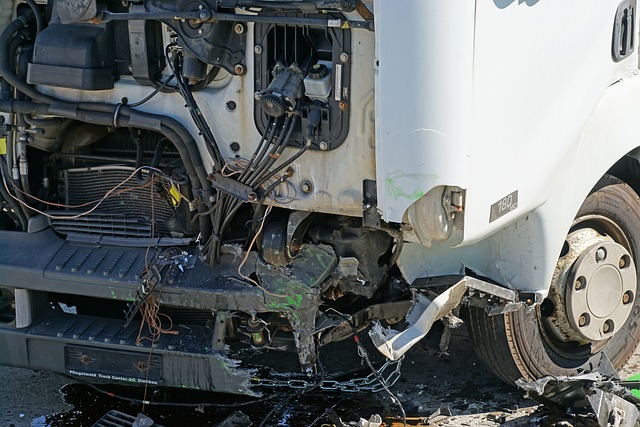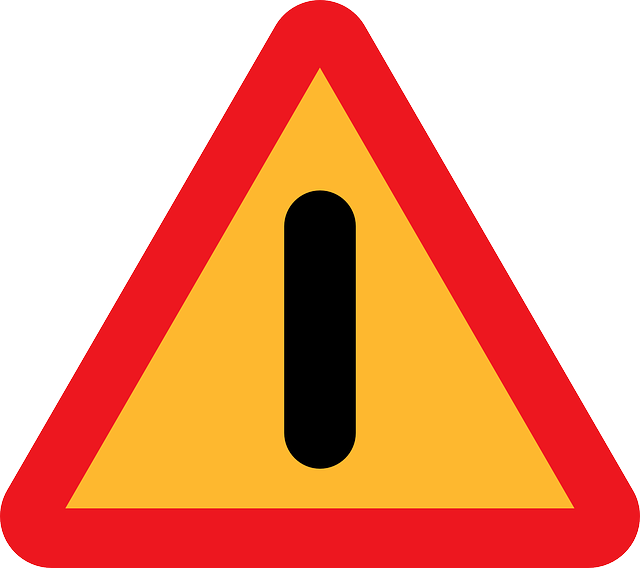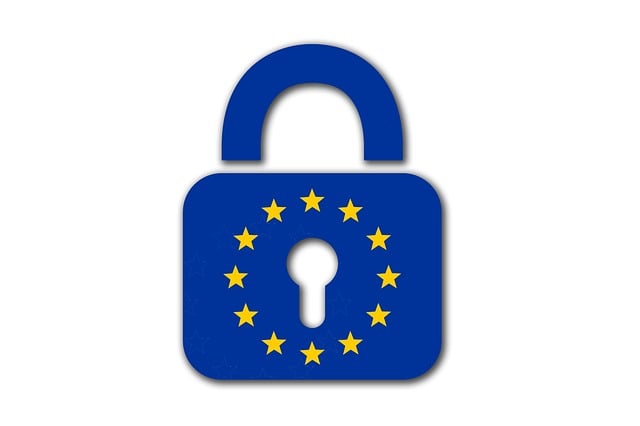General Liability insurance is crucial for businesses to protect against potential claims and lawsuits related to operations, products, or services. It covers property damage, personal injury, and bodily harm, including medical expenses and legal fees. Policies vary, offering broad (Comprehensive General Liability) or specialized (Professional Liability, E&O) coverage based on business risk levels. Business owners should carefully assess policy limits, deductibles, and exclusions to match their unique risk profile. Adequate GL coverage prevents substantial financial losses from settlements, as seen in real-life cases of slips, falls, and product incidents. Exploring expanded liability protections beyond standard GL policies further safeguards businesses against unforeseen risks.
General Liability insurance is an essential shield for businesses, protecting them from unforeseen legal repercussions. This comprehensive coverage plays a pivotal role in mitigating risks associated with daily operations. Understanding what it covers and how it works is crucial for any business owner. From product liability to professional errors, this article explores the nuances of General Liability, guiding you through its various aspects, including policy types, key provisions, and real-world claim settlements. Discover why securing adequate coverage is vital for your business’s long-term success and risk management.
Understanding General Liability Insurance: What It Covers

General Liability insurance is a crucial component of any business’s risk management strategy. This type of coverage protects businesses against potential claims and lawsuits arising from their operations, products, or services. It provides financial protection in the event that a third party suffers harm or experiences loss due to your business activities.
The scope of General Liability Coverage is wide-ranging. It typically includes liability for property damage, personal injury, and bodily harm caused to others. For instance, if a customer slips and falls on your premises, this coverage can help pay for their medical expenses and any legal fees that may arise. Additionally, it protects against claims related to products sold or services provided, ensuring that businesses are covered for any accidents or issues that might occur during these transactions.
Common Causes of Business Liability Claims

Many business liability claims arise from seemingly everyday situations, highlighting the importance of robust General Liability coverage. Common causes often include slips and falls on premises, where customers or employees sustain injuries due to inadequate maintenance or unsafe conditions. For instance, a customer tripping over a loose rug in your retail store could lead to legal repercussions and financial burden.
Another frequent trigger is product liability, where businesses face claims related to defects or shortcomings in their products. This could range from manufacturing flaws causing harm to consumers to marketing inaccurate or misleading information about a product’s capabilities, potentially leading to serious legal and financial consequences for the company involved.
Who Needs General Liability Coverage?

General Liability coverage is an essential component of any business’s risk management strategy, especially for small and medium-sized enterprises (SMEs). It protects against a wide range of potential liabilities, from property damage to personal injury claims, which can arise in the course of business operations. Whether you run a retail store, a food service establishment, or provide professional services, there is always a risk of someone sustaining an injury on your premises or as a result of your products or services.
Without adequate General Liability coverage, businesses can face significant financial burdens if they are held liable for damages. This includes legal fees, medical expenses, and compensation payments to those affected by business-related incidents. Therefore, it is crucial for all businesses, regardless of their size or industry, to consider and obtain General Liability insurance as a safety net against unforeseen liabilities.
Types of General Liability Policies and Their Differences

General Liability insurance policies come in various types, each catering to distinct business needs and risk levels. The key difference lies in their scope and coverage limits. One type, often referred to as Comprehensive General Liability (CGL), offers broad protection against common risks such as property damage, personal injury, and advertising harm. It’s a comprehensive option suitable for businesses seeking all-encompassing coverage.
In contrast, professional liability insurance, also known as errors and omissions (E&O) coverage, focuses specifically on protecting professionals like doctors, lawyers, or consultants from claims related to negligence in their work. This type of policy is essential for ensuring quality assurance and managing risks associated with professional services. The choice between these policies depends on the nature of the business and the specific risks it faces.
Key Provisions in a General Liability Insurance Policy

General Liability insurance policies are designed to protect businesses against potential risks and claims, offering financial security and peace of mind. Key provisions within these policies cover a wide range of scenarios, ensuring comprehensive protection for various business operations. One of the primary components is the “liability” coverage, which includes both bodily injury and property damage liabilities. This means if a customer slips and falls on your premises or their property suffers damage due to your products or services, the policy will step in to cover medical expenses, legal fees, and potential settlements.
Additionally, these policies often include provisions for personal and advertising injury, which can protect against claims related to slander, false advertisement, or other forms of reputational damage. Business owners should carefully review the policy’s limits, deductibles, and exclusions to ensure they are adequate for their operations’ unique risks. Understanding these key provisions is vital in making an informed decision when selecting a General Liability insurance plan that aligns with your business needs.
How to Choose the Right General Liability Coverage for Your Business

Choosing the right General Liability (GL) coverage is crucial for safeguarding your business against potential risks and financial losses. The first step involves assessing your business operations, understanding the types of liability you may face, and identifying potential hazards in your industry. This includes evaluating activities like product sales, service provision, and any potential risks associated with your workplace environment.
Next, consider the scope of coverage needed. GL policies typically cover a range of liabilities, from bodily injury to property damage and personal and advertising injuries. Compare different policy options, focusing on limits of liability, exclusions, and additional protections. Ensure you select a policy that aligns with your business size, revenue, and specific needs, offering comprehensive protection at a cost-effective price point.
Real-World Examples of General Liability Claim Settlements

General Liability claims can have significant financial implications for businesses, with settlements ranging from a few thousand to millions of dollars. A notable example involves a retail store where a customer slipped and fell on a wet floor, suffering severe injuries. The court awarded the customer $2 million in damages due to the business’s negligence in maintaining a safe environment. This highlights the potential cost of inadequate General Liability coverage.
Another case shows a restaurant facing a claim after a patron developed food poisoning from a contaminated meal. The settlement reached was $500,000, emphasizing the importance of proper food safety measures and robust insurance protection. These real-world scenarios underscore the value of comprehensive General Liability Coverage in protecting businesses from unexpected legal liabilities and financial burdens.
Enhancing Your Business with Additional Liability Protections

Enhancing Your Business with Additional Liability Protections
General Liability coverage is a cornerstone for any business, providing essential protection against claims of bodily injury or property damage. However, in today’s dynamic business landscape, additional liability protections can significantly bolster your business operations and financial security. By considering expanded coverage options, you’re not just responding to potential risks but proactively fostering a more resilient and adaptable business environment.
These additional provisions may include extended liability for products or services offered, or specific coverage for certain types of accidents or incidents that are not typically covered under standard General Liability policies. Embracing these enhancements allows your business to better navigate unforeseen circumstances, thereby preserving cash flow and safeguarding against substantial legal and financial burdens.
